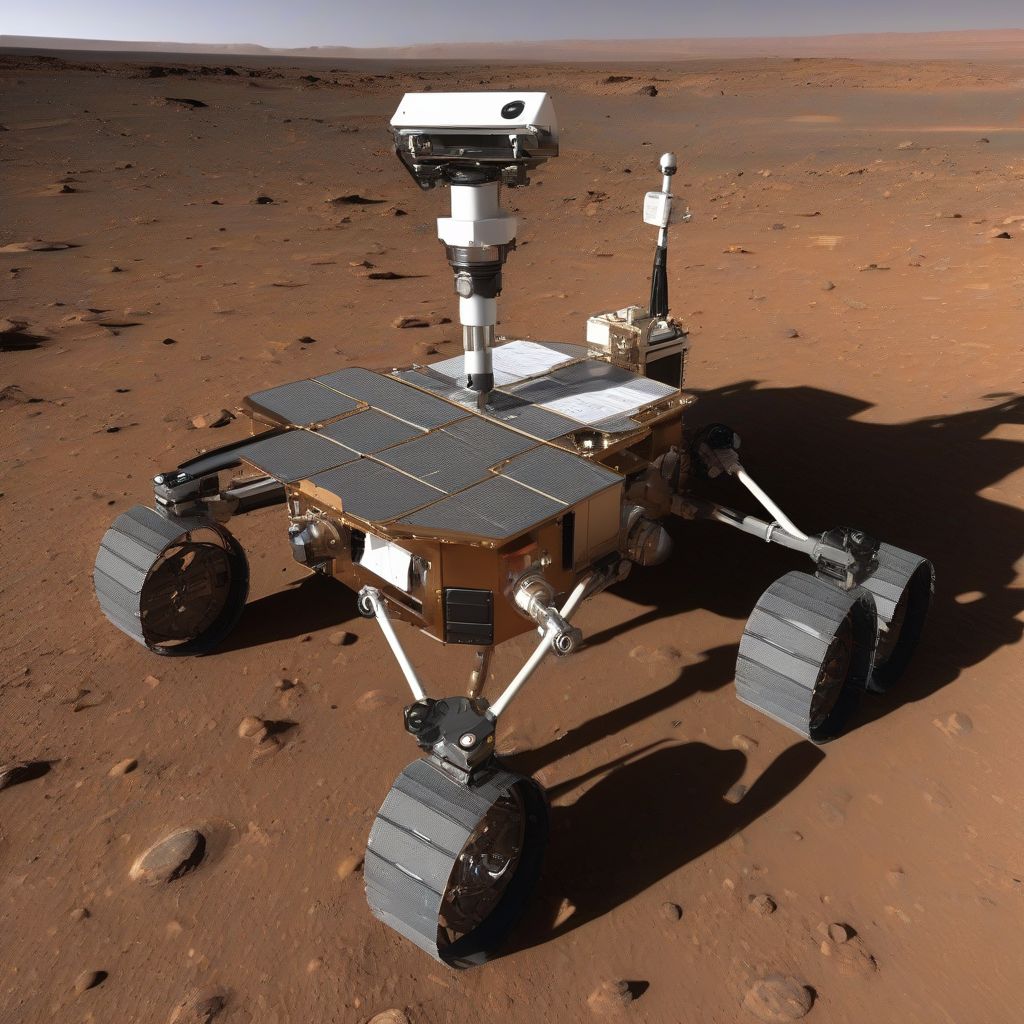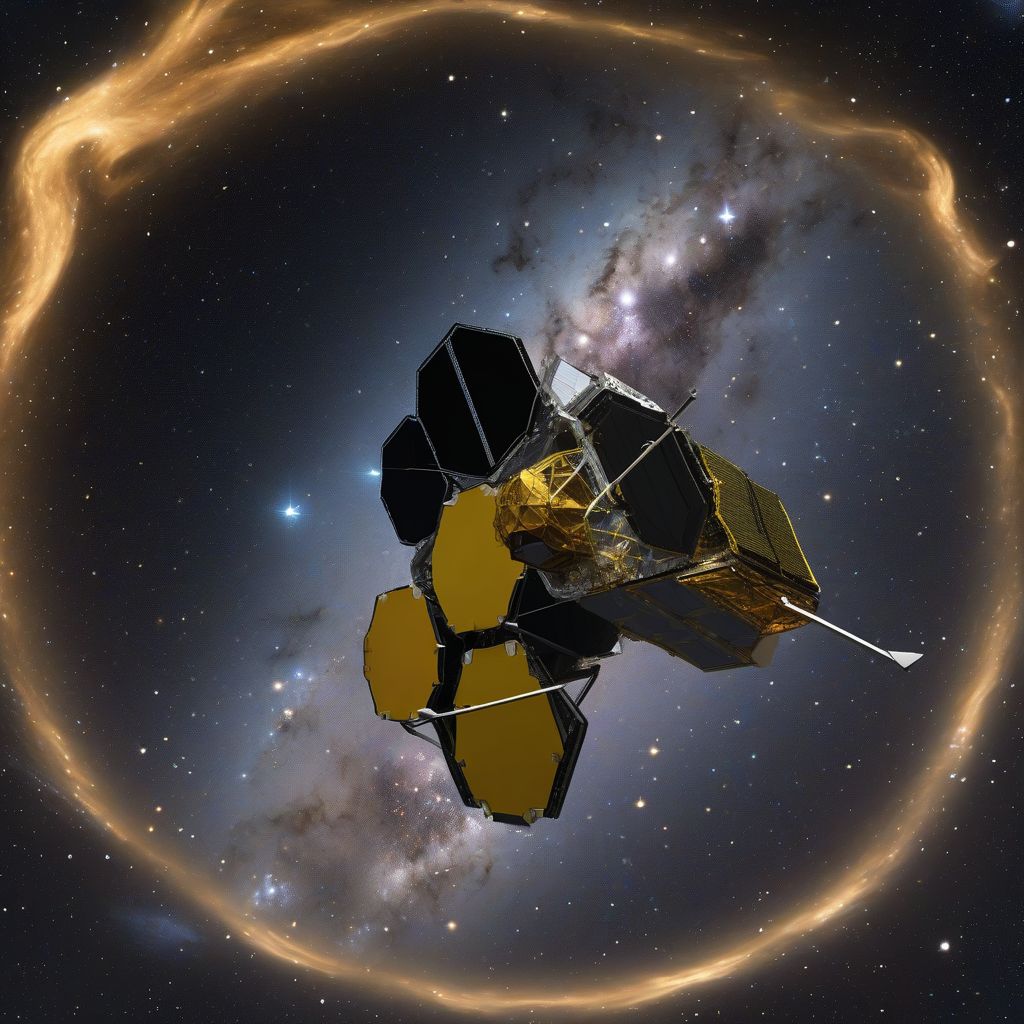For centuries, humanity has gazed at the stars, driven by an insatiable curiosity about the cosmos and our place within it. Today, that curiosity fuels a golden age of space exploration, marked by groundbreaking discoveries and ambitious missions that are constantly pushing the boundaries of human knowledge and capability. In this article, we’ll delve into the latest breaking news in space exploration and missions, exploring the latest developments, upcoming endeavors, and the profound impact these endeavors have on our understanding of the universe.
The Final Frontier: A Hotbed of Activity
Space exploration is no longer the sole domain of governmental agencies like NASA and ESA. Private companies like SpaceX, Blue Origin, and Virgin Galactic are making significant strides, driving innovation and competition in a new era of spacefaring. This surge in activity is leading to an unprecedented pace of discovery, with new findings and achievements announced regularly.
The Red Planet Beckons: Mars Exploration in Focus
Mars, our enigmatic neighbor, continues to captivate scientists and the public alike. The search for past or present life on Mars is a key driver of current exploration efforts.
- Perseverance Rover: NASA’s Perseverance rover, which landed on Mars in February 2021, is actively searching for signs of ancient life and collecting rock and soil samples for potential return to Earth. Its onboard drone, Ingenuity, has also made history with the first powered, controlled flight on another planet.
- ExoMars Mission: The European Space Agency (ESA), in collaboration with Roscosmos, is preparing for the launch of the ExoMars Rosalind Franklin rover. This mission will drill deeper into the Martian surface than ever before, searching for biomarkers that could indicate the presence of past or present life.
 ExoMars Rosalind Franklin Rover
ExoMars Rosalind Franklin Rover
Beyond Mars: Unveiling the Secrets of Our Solar System
While Mars remains a primary target, exciting missions are also underway to explore other celestial bodies in our solar system.
- Jupiter’s Icy Moon Explorer (JUICE): The ESA’s JUICE mission, set to launch in 2023, will study Jupiter and its icy moons – Ganymede, Callisto, and Europa. These moons are believed to harbor vast subsurface oceans, potentially containing more water than all the oceans on Earth combined, making them prime candidates for the search for extraterrestrial life.
- Lucy Mission: NASA’s Lucy mission, launched in 2021, is on a 12-year journey to study the Trojan asteroids, two large groups of space rocks that share Jupiter’s orbit around the sun. This mission is expected to provide valuable insights into the formation and early evolution of our solar system.
Eyes on the Universe: Space Telescopes Expand Our Horizons
Beyond our solar system, space telescopes are revolutionizing our understanding of the universe.
- James Webb Space Telescope (JWST): The JWST, launched in December 2021, is the most powerful space telescope ever built. With its advanced infrared capabilities, JWST is capturing breathtaking images of the early universe, studying the formation of stars and galaxies, and analyzing the atmospheres of exoplanets, those orbiting stars beyond our sun.
- Nancy Grace Roman Space Telescope: Set to launch in the mid-2020s, the Roman Space Telescope, with its wide field of view, will create massive panoramic surveys of the universe, helping us to unravel the mysteries of dark energy and dark matter and search for distant exoplanets.
 James Webb Space Telescope
James Webb Space Telescope
The Human Element: The Future of Space Travel
While robotic missions provide invaluable data, the human desire to explore space firsthand remains strong.
- Artemis Program: NASA’s Artemis program aims to land the first woman and the next man on the moon by 2025, establishing a sustainable presence on and around the lunar surface. Artemis is seen as a stepping stone to future human missions to Mars.
- Commercial Spaceflight: Companies like SpaceX and Blue Origin are making significant advances in commercial spaceflight, with the goal of making space tourism more accessible and ultimately enabling humans to live and work in space.
FAQs About Space Exploration and Missions
Q: What are the main goals of space exploration?
A: Space exploration serves multiple purposes, including advancing scientific knowledge, searching for life beyond Earth, inspiring future generations, developing new technologies, and fostering international collaboration.
Q: How can I stay updated on the latest space exploration news?
A: Reliable sources include NASA’s website, ESA’s website, space-focused publications like Space.com, and science journals like Nature and Science.
Conclusion: A Universe of Possibilities
Space exploration is a testament to human ingenuity, curiosity, and the relentless pursuit of knowledge. As we continue to explore the cosmos, we are sure to make groundbreaking discoveries that will reshape our understanding of the universe and our place within it. The future of space exploration promises to be filled with excitement, wonder, and the potential to answer some of humanity’s most profound questions. Keep looking up, as the cosmos holds endless possibilities waiting to be unveiled.
[amazon bestseller=”space exploration”]
